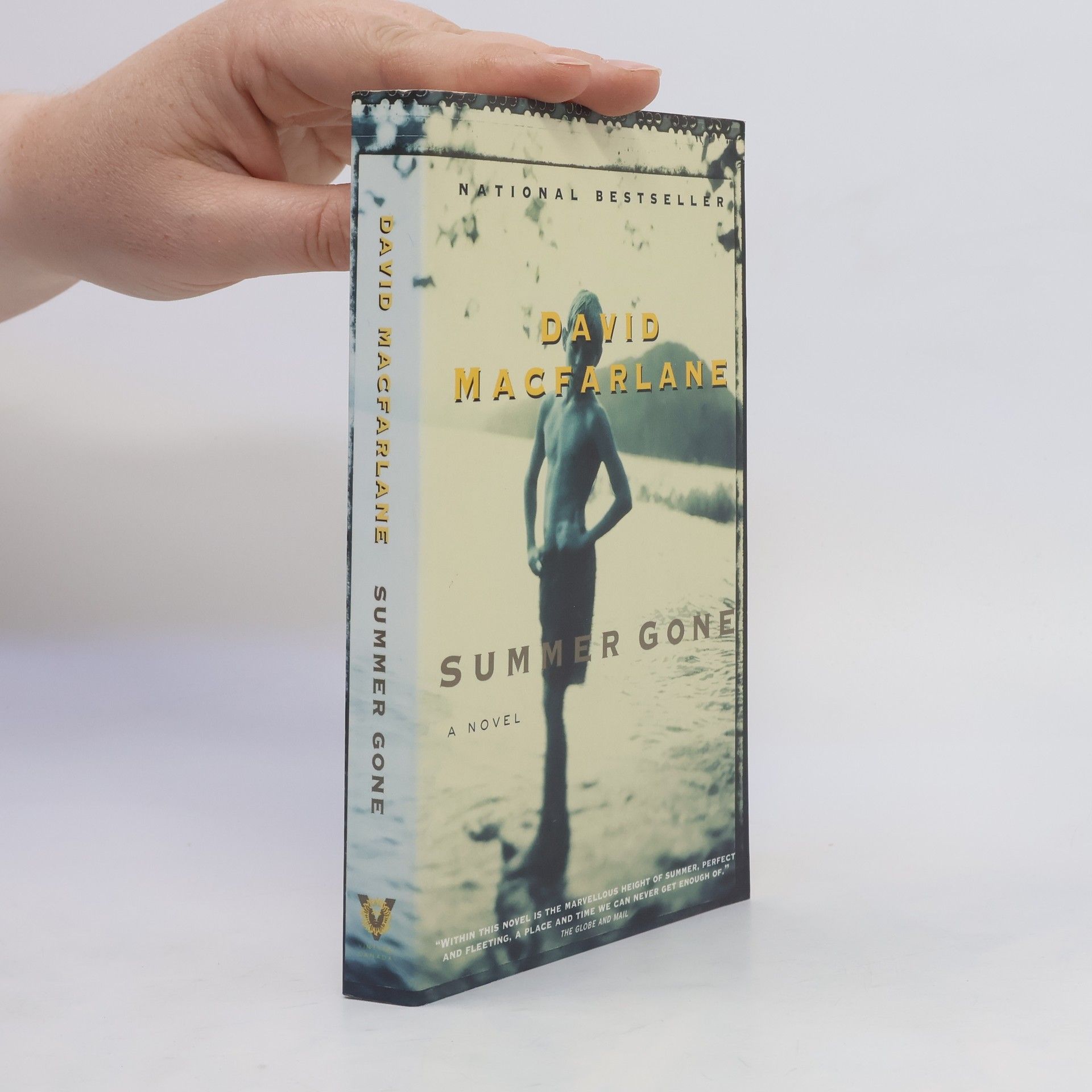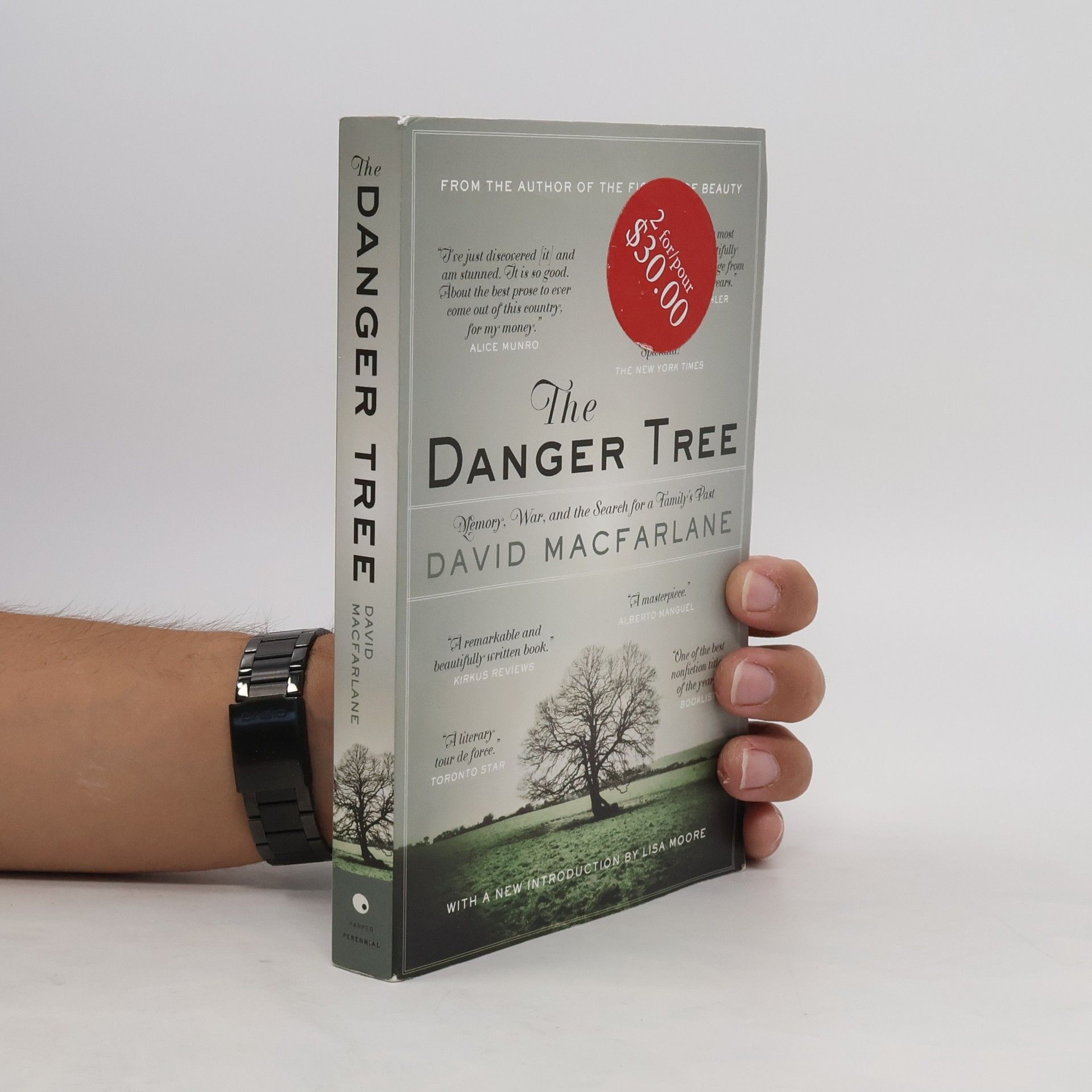To Russia with Fries
- 352 pages
- 13 hours of reading






Traces the history Newfoundland through stories of the author's family, the Goodyears, touching on the major events of the twentieth century, including the tuberculosis outbreak, the great seal-hunt disaster, the debate over whether to become part of Canada, and the First World War.
This powerful memoir explores a father's love for his dying son, weaving themes of fatherhood, identity, love, grief, memory, and healing. The author reflects on the harsh realities of life, acknowledging that the worst can happen and time can run out, a truth he grappled with as he faced his son Blake's battle with aggressive cancer. In his living room hangs a life-size portrait of himself, painted by John Hartman, which serves as a portal to his past. Gazing into the painting, he recalls his happy, privileged childhood in Hamilton, filled with bright possibilities and memories of his parents' swimming pool. In stark contrast, Blake, young and full of aspirations, lies confined to a hospital bed, facing a future that feels increasingly uncertain. As Blake undergoes treatment, the father confronts his own past and the painful reality of losing his son. Through achingly beautiful prose, the author captures the essence of love, grief, and the passage of time, demonstrating how memory can transform tragedy into something precious and profound. This poignant narrative ultimately affirms the enduring bond between fathers and sons, even in the face of unimaginable loss.
Exploring the evolution of sports, David Macfarlane reflects on his childhood passion for athletics, despite limited access to live events. He contrasts his imaginative engagement with sports against the current landscape of commercialization and corruption, highlighting issues within organizations like the IOC and NHL. Macfarlane grapples with his conflicting feelings toward sports, questioning their essence and what draws us to them amid a culture of inflated salaries and diminished authenticity. His insights delve into the heart of athletic competition and its impact on fans.
Exploring the profound impact of catastrophic events, the narrative delves into the realization that life can change dramatically in an instant. It reflects on themes of loss, the inevitability of time, and the weight of sadness, presenting a poignant journey of understanding and acceptance. Through the lens of personal experience, the story reveals how confronting the worst outcomes can lead to deeper insights about existence and resilience.